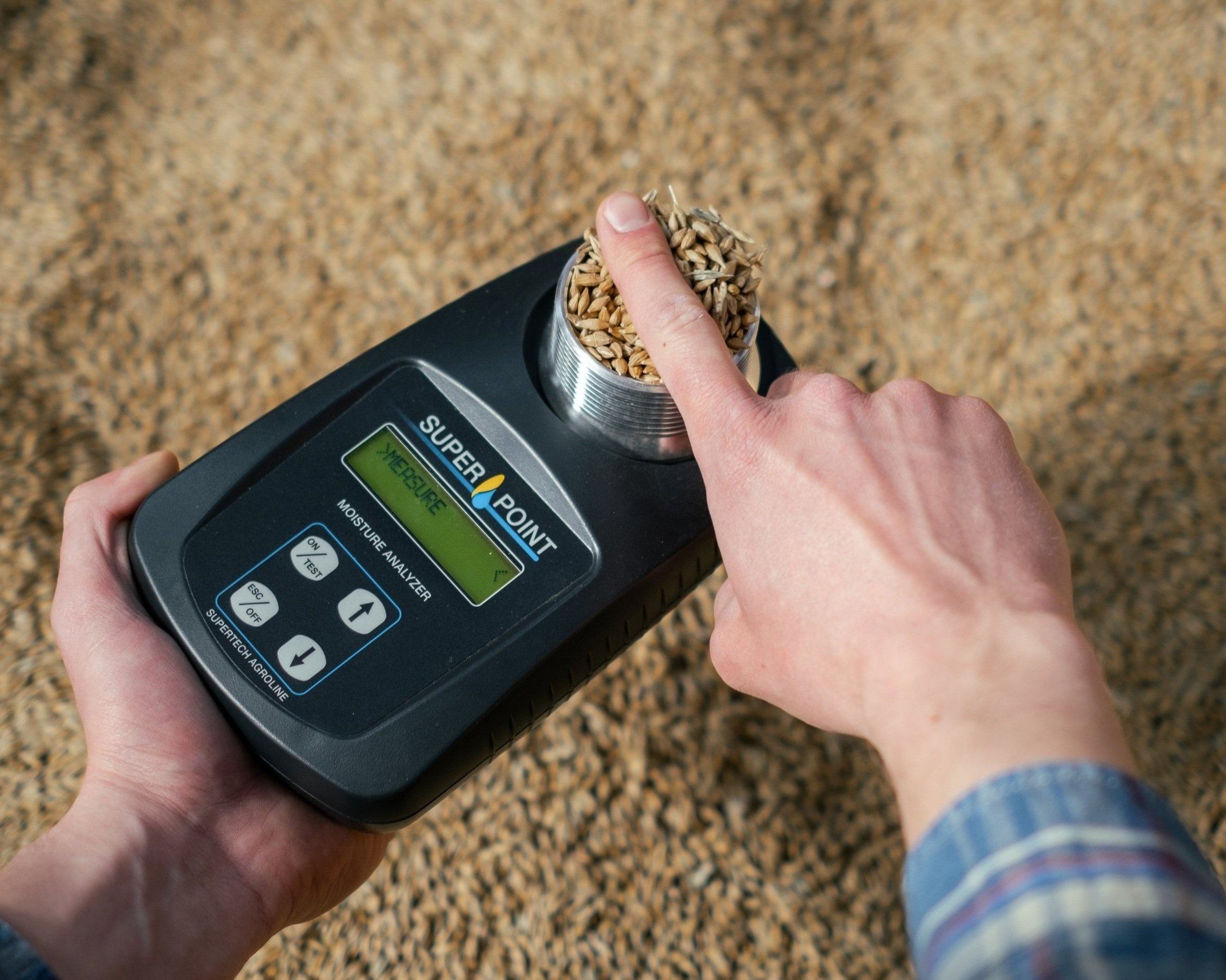Leading 10 Benefits of Using a Moisture Meter for Definite Measurements in your house
Leading 10 Benefits of Using a Moisture Meter for Definite Measurements in your house
Blog Article
The Ultimate Guide to Moisture Meters: A Comprehensive Review and Just How They Can Conserve You Cash
In the world of building upkeep, building and construction, and different sectors, the importance of precisely measuring wetness levels can not be overstated. Moisture meters work as essential tools in detecting and monitoring moisture web content in products, assisting in protecting against pricey damages and making certain the quality of items. Understanding the nuances of various kinds of dampness meters, their applications, and the prospective cost-saving advantages they supply can be a game-changer for companies and professionals alike. Discovering exactly how these tools can not just simplify processes however additionally add to economic savings is a journey worth getting started on.
Kinds Of Moisture Meters
One common type is the pin-type moisture meter, which gauges the electric resistance in between two pins placed into a material. Pinless moisture meters, on the other hand, use electro-magnetic sensor plates to scan a bigger location without creating damages to the material's surface.
Additionally, there are also specialty wetness meters developed for details materials like hay, soil, or grain. These meters give exact moisture analyses tailored to the special buildings of the product being tested. Infrared dampness meters gauge the thermal residential properties of a material to determine its moisture web content non-invasively, making them beneficial for applications where pin or pinless meters might not appropriate. Understanding the various kinds of wetness meters offered can help industries choose one of the most suitable device for their details dampness dimension requirements.

Benefits of Using Moisture Meters

Additionally, making use of dampness meters can result in boosted power effectiveness. By recognizing areas with high wetness degrees, such as leakages or inadequate insulation, changes can be made to enhance power preservation and reduce utility costs. In agricultural settings, moisture meters play a critical duty in optimizing crop yields by enabling farmers original site to keep track of soil wetness degrees and make notified watering choices. Generally, the advantages of utilizing dampness meters cover throughout different markets, supplying cost-efficient options and advertising far better top quality control techniques.
Exactly How to Choose the Right Moisture Meter
Picking the ideal wetness meter involves considering key variables such as product compatibility, measurement array, and calibration precision. When choosing a moisture meter, it's vital to make certain that the meter is appropriate for the specific product you will be testing. Various materials have differing electrical residential properties that can affect dampness readings, so selecting a meter made for your material is critical for precise outcomes. Furthermore, consider the measurement variety of the wetness meter. Ensure that the meter can find moisture degrees within the range needed for your applications. Calibration precision is one more critical factor to bear in mind (Moisture Meter). Choose a wetness meter with reputable calibration to make certain accurate and regular analyses. Some meters may need routine calibration adjustments, so recognizing the calibration process is very important. By meticulously examining these variables, you can choose a wetness meter that fulfills your needs and offers exact moisture measurements for your jobs.
Correct Techniques for Moisture Meter Usage
To ensure accurate wetness readings and optimize the performance of a dampness meter, utilizing correct techniques is important. redirected here When making use of a pin-type moisture meter, put the pins or probes into the material being checked till they make complete contact. By adhering to these appropriate techniques, individuals can rely on their wetness meter to give credible dampness levels, aiding in preventing pricey damage or making sure high quality in numerous applications.

Expense Savings Via Moisture Meter Applications
Exactly how can the critical usage of dampness meters lead to considerable price savings across different industries? In the agriculture market, moisture meters help in identifying the optimum time for collecting crops, protecting against over-drying or excess moisture that can affect the last item's high quality.

Additionally, in the food handling sector, wetness meters are crucial for keeping an eye on product quality and making sure compliance with safety and security policies. By properly determining moisture content browse around these guys in foodstuff, suppliers can protect against perishing, maintain quality, and reduce waste, leading to significant cost savings. In general, the tactical application of dampness meters is a valuable financial investment that can bring about considerable price decreases and improved performance across various industries.
Conclusion
In conclusion, moisture meters are valuable tools for measuring and discovering wetness levels in numerous materials. By utilizing the appropriate dampness meter and complying with correct methods, individuals can efficiently stop expensive damages caused by excess dampness.
Wetness meters offer as important tools in identifying and keeping an eye on moisture web content in materials, aiding in avoiding expensive damages and ensuring the high quality of products. Infrared dampness meters measure the thermal homes of a product to determine its wetness content non-invasively, making them beneficial for applications where pin or pinless meters might not be suitable.Dampness meters offer vital benefits in accurately checking and analyzing dampness degrees in diverse materials and environments. In agricultural settings, moisture meters play a critical function in maximizing crop yields by allowing farmers to monitor soil moisture degrees and make notified watering choices.In verdict, moisture meters are valuable devices for measuring and detecting dampness degrees in different products.
Report this page